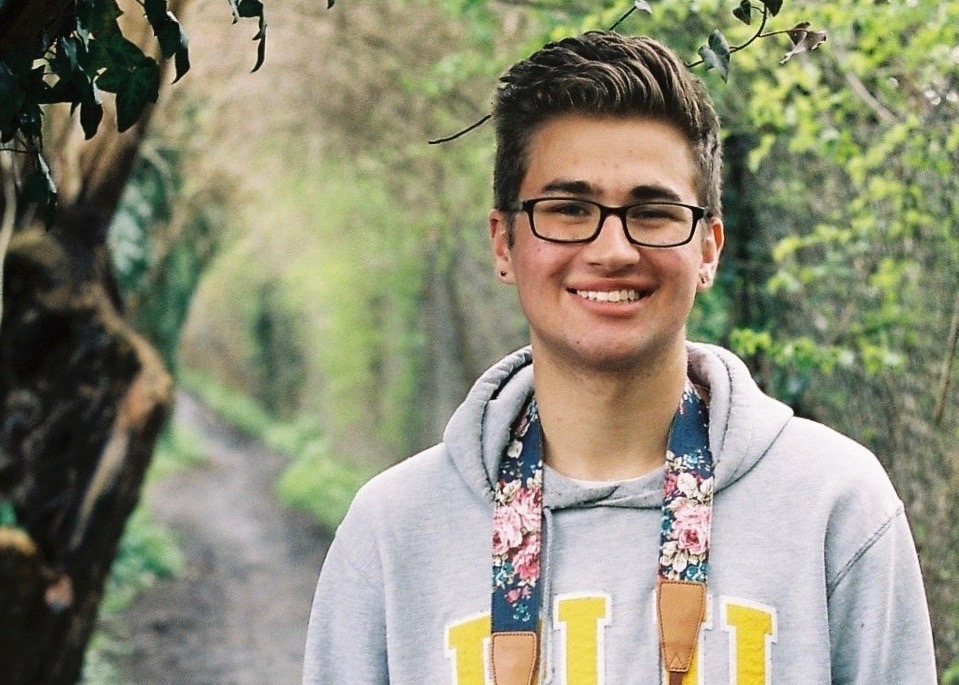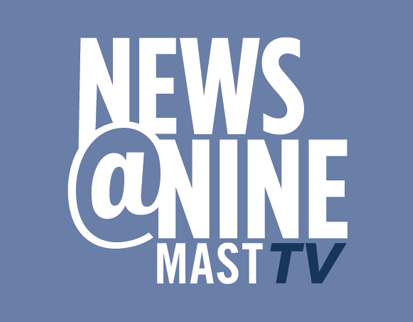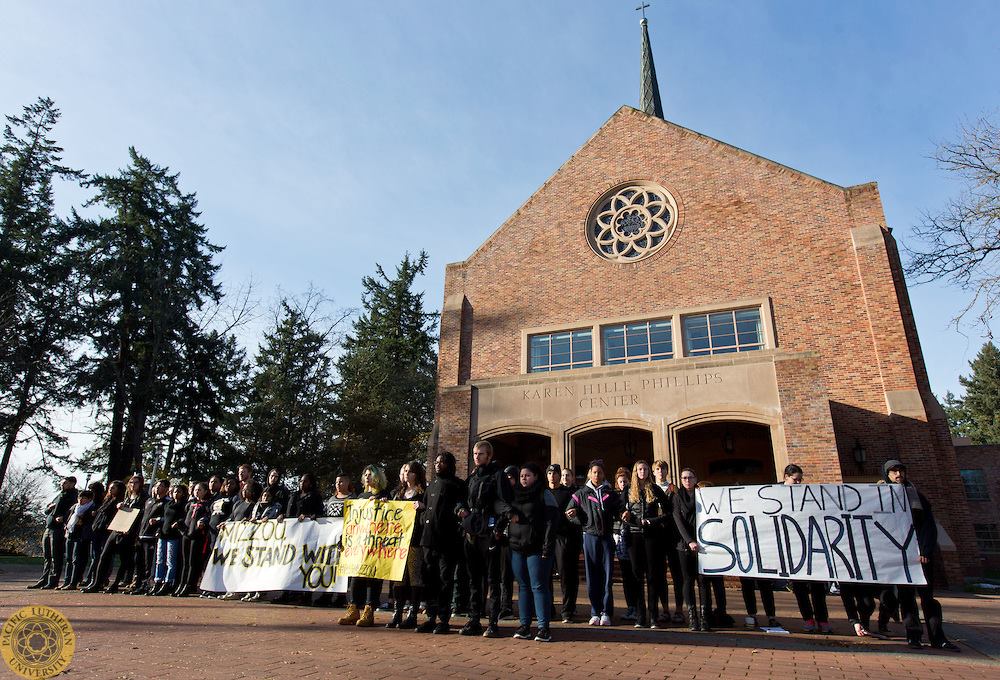By Shunying Wang, Guest Writer
As college students, speaking and making arguments in class or with friends is almost inevitable. But being willing to get involved in a formal speech and debate team is another story.
Several students have done just that this year, joining the newly-created Forensics team and going on to win awards at regional tournaments.
“Smart, hard-working, enthusiastic — those are the kind of adjectives I used to describe them,” Justin Eckstein, the newly hired director of Forensics, said.
Eckstein is also a recipient of the Top Paper award recognized by the National Communication Association Conference.
The Pacific Lutheran debate team showed a strong performance and received multiple awards at two recent regional debate tournaments. The team won three first place titles and five other top honors at Lower Columbia College’s “Smelt Classic” tournament the weekend of Nov. 1.
Several team members also received individual honors at the Linfield Debate Tournament in McMinnville, Ore. during the weekend of Nov. 15.
Mia Karlstad Martinussen, an international student from Norway, joined PLU’s speech and debate team after participating in a speech tournament.
“Originally I was there for extra credits, but I really liked it, so I stayed,” Martinussen said. “It is really challenging sometimes, but you learn a lot.”
The main challenge, Eckstein said, is to develop the physicality and knowledge to endure a difficult competition that goes rounds after rounds.
To argue based on evidence requires a great amount of preparation. “The tournaments themselves are the end of the process,” Bartanan said. “But the process of preparation, of studying, rehearing, and practicing are the real benefits.”
Forensic team members said that to argue in a public enviornment requires courage for individuals to reach beyond their comfort zones. “The first time I did it was a bit terrifying, because I didn’t really know what I was doing,” Martinussen said.
Eckstein also spoke about the emotional aspect of debate. “The courage and the willingness to risk yourself represents everything I love about this team,” Eckstein said.
In the end, members said everyone learns.
“I learned a lot about how to articulate myself in the English language,” Martinussen said. “It is like public speaking in a new way.”
“Debate is the single most beneficial thing I have done,” Eckstein said. “It teaches you amazing critical thinking skills, the capacity to organize evidence in useful ways — it teaches you how to argue and how to be persuasive.”
An early form of the PLU debate team started in the 1890s when a PLU course created a class project for students to debate in Norwegian. After 1947, the actual debate program was established and became active regionally and nationally.
“The Forensics team has traditionally been a very important part of the co-curriculum,” Michael Bartanen, the chair of communication and theatre, said, “because most of it takes place outside of the classroom.”
It is life changing, Bartanen said. “It allows participants to see the world in a whole new way, to build personal courage, to become more confident in their problem solving and decision making abilities, and it is darn fun,” he said with a smile.




















